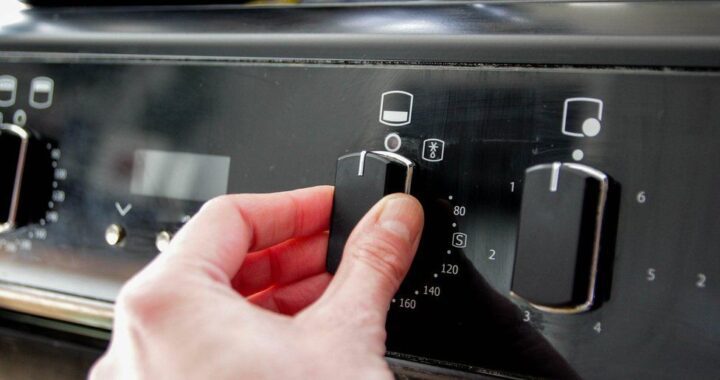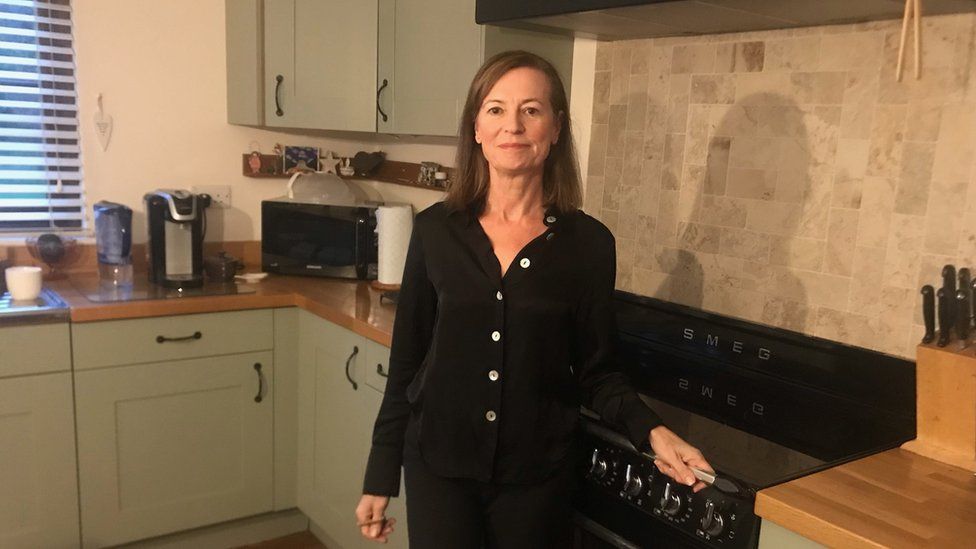One energy supplier is predicting households could earn around £100 over the winter through a scheme to reduce peak-time energy use.
The UK National Grid is to announce a scheme which could see energy customers getting £100 by cutting energy use. The scheme which could be adopted by all energy suppliers is to be announced later this month, one supplier, Octopus Energy have said that it expects to pay on average £4 every time a customer responds to a request to reduce their use.
The grid operator said some customers could get as much as £10 a day providing much relief this winter with the energy crisis which has caused prices of electricity & gas to skyrocket.
The cash incentive is to persuade people to wait until later on to run their washing machine, tumble dryer, or dishwasher, and to not charge their electric car if demand is already high.
The scheme, set to start next month and run until March 2023, aims to help the UK avoid blackouts, by reducing energy consumption at peak times.
On Thursday National Grid warned homes could face three-hour rolling blackouts, if the UK is unable to secure enough gas and electricity imports, as demand rises over the colder months.
The UK relies on gas to generate electricity, but the war in Ukraine has led to pressure on gas supplies across Europe.
Number Ten ruled out running a campaign being worked up by the business ministry to persuade households to consume less electricity.
But the National Grid is set to announce soon exactly how much it will pay per kilowatt hour for people cutting back when there is an acute shortfall in supply.
“Instead of cutting off whole chunks of the country if we are short of gas, we can reward people for using less energy at times of peak demand,” Octopus chief executive Greg Jackson said.
The payback service will be available to homes that have smart meters installed, as long as their supplier is taking part in the scheme. There are about 14 million households with electricity smart meters in the UK.
Octopus Energy, which ran a trial of the scheme earlier this year, said there could be 25 days over the next six months when National Grid was willing to pay households to reduce their use.
‘I felt I was helping’
Julie Byrne in Saffron Walden embraced the Octopus trial with gusto. She switched off lights, hung the towels outdoors to dry, turned the computer off, and even postponed dinner, despite her 25-year-old son rolling his eyes.
“Sometimes it was inconvenient,” she says. “But we worked round it.”
Her smart meter is outdoors so Julie didn’t check which of her cut-backs was saving more, but she did see a small reduction in her next bill.
“It wasn’t just the money. I felt I was helping,” she said, though with the cost of living rising, she thinks, the payments are “always going to be a plus.”
Customers who managed to cut back compared to their recent average electricity consumption would be rewarded with a payment, likely to be between £3 and £6 per kilowatt hour saved, Octopus said.
The compensation rate was likely to be set higher on days when the energy shortfall was particularly severe, the firm said.
During Octopus’ trial in February and March customers saved an average of 0.7 kilowatt hours, but were receiving much lower financial compensation, the firm said.
Under the National Grid-backed scheme, customers, including businesses, will receive an email or text a day ahead, outlining the time slot when they would be paid if they reduce their energy use, usually between 4pm and 7pm.
Mr Jackson believes the financial incentive, which is significantly higher than it was in the trial, will prove effective, noting that people regularly change their habits to make savings – even small ones.
“If you go to the supermarket and you buy stuff that’s reduced to clear, you’re saving less than a pound. People respond to that,” said Mr Jackson.
He believes there will be savings for the country as a whole as well. “Today our system pays a fortune to have diesel and coal generation on standby.
“Every unit of energy that is saved will save on expensive standby diesel and coal.”
Via BBC Article

